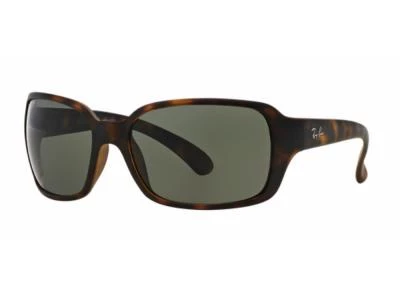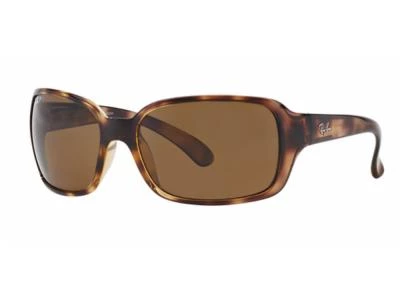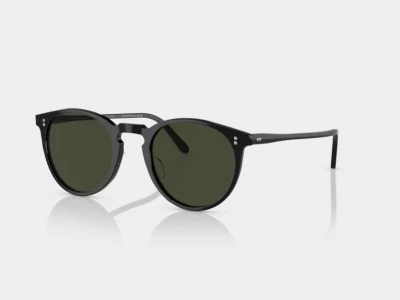Customers often wonder why they should have to pay more for polarised lenses in their sunglasses and if the extra expense is worth it.
Well, there's a forest of online information on the subject of polarised lenses but not all of it is clear and some is actually misleading.
So we will try to spell out the differences between polarised and regular lenses in a simple easy to understand language so you can make up your own mind about shelling out for polarised lenses.
What is polarised light?
Light travels in waves just like you see on the seashore but much, much smaller in size. However, the bumps in light waves, unlike the sea, vibrate in all directions, up and down, side to side and so on. This is unpolarised light.
It so happens that when light reflects off large flat surfaces it tends to get polarised, that is the bumps all go in one direction, mostly from side to side.
The result is that light waves reflected off the surface of the sea, for example, or a wide open beach or a field of snow can often be glaringly bright, not because more light is reaching the eye but because what light is reflected is all vibrating the same direction.
What is a polarised lens?
A polarised lens is one that filters out the light waves that vibrate in one direction while letting in light that vibrates in other directions.
In sunglasses, polarised lenses block horizontal light waves and let vertical ones through. A good analogy here is a picket fence and a length of rope. If you wave the rope vertically it passes through the fence but, if you wave it horizontally, the rope gets blocked.
In a similar way, polarised lenses filter out glare from horizontal surfaces so you see things more clearly through polarised lenses, especially out-of-doors in bright sunlight.
Normal lenses
Standard sunglass lenses also cut out light so what's the difference? Well, normal lenses cut out light waves no matter which way they are vibrating so less light gets through overall and the image gets dimmer.
The filtering of all light also means regular lenses offer less contrast and clarity, especially when viewing broad and flat expanses such as looking into water.
When to use polarised lenses
Although polarised lenses offer clearer vision and less strain on the eyes, it does not mean that they are good for all occasions.
Certainly, if you enjoy outdoor sports such as boating, cycling and fishing, then polarised lenses are a great option.
They can also be worn indoors by people with increased sensitivity to light as, for example, after eye surgery or those with problematic eye conditions.
Polarised lenses can also be a great help for the driver on long road journeys when glare from road surfaces and other traffic can cause eyestrain.
Bur car drivers should also be aware that instrument lights may look dimmer through polarised lenses and may need to be turned up to maximum brightness to compensate.
Sports enthusiasts also know there are times when glare can actually be beneficial. Skiers, for example, may not see the highly reflective ice patches on ski slopes viewed through polarised lenses.
Shopping for polarised lenses
Many designer sunglass brands now include a polarised lens option for most of their models but Oakley and Ray-Ban currently lead the field.
Ray-Ban was the first to introduce polarised lenses into their now iconic aviator style sunglasses and they have been developing lens technology for decades.
Oakley sunglasses have been the optical wear of choice in the sporting world, especially for outdoor events like cycling, yacht racing and golf.
The company's latest HD Polarised technology offers even greater clarity for its polarised lenses thanks to infusion moulding that cuts out the glue usually used to bond layers of glass.
You may have to pay a little more for polarised lenses but you can be sure to feel the benefit in most circumstances with clearer vision, sharper detail, better contrast and above all, no more glare.



